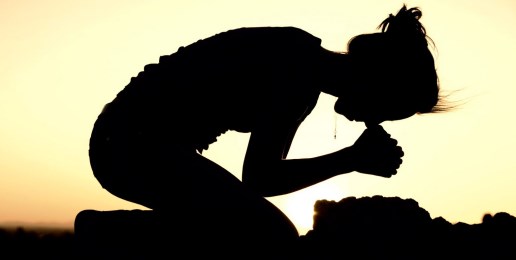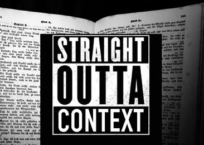
Written by John Kristof
Our country has never been so parched for prayer, yet we never have found praying harder.
Prayer is too hard for us, so our country withers.
Our culture’s health intertwines with our prayers, and both contribute to the other’s success. We conservative Christians are quick to point our fingers at our public school system for discouraging prayer, but how many of us pray for our schools? We complain about the decline of church leadership in the public square, but who is praying for their leaders’ humility and wisdom?
For the sake of clarity, I do not wish to suggest prayers—or the lack thereof—causes whatever happens in the public square. God rules the nations (Psalm 22:28, 47:8, Job 12:23), which includes the United States. No decisions made by voters, church leaders, or elected officials surprise God, nor do they deter him from accomplishing his ultimate mission, the reconciliation between God and man (Romans 5:10, 2 Corinthians 5:18-19, Ephesians 2:16, Colossians 1:20). God delegates responsibilities to his Church, however, and those with integrity and obedience answer his call.
How does God expect the Church to affect the world? Throughout Scripture, we see God expects us to, among other things, pray. For Jesus and his disciples, the need for prayer was so self-evident that Jesus focused on instructing them on how believers should pray. At Gethsemane, though he prophesied the disciples would abandon him (Matthew 26:31), he begged them to “watch and pray so that you will not fall into temptation” (Matthew 26:41). One of the Apostle Paul’s shortest charges is to “pray continually” (1 Thessalonians 5:17), suggesting that we should never hesitate to speak to God, nor should we ever cease heeding words he has for us.
Why is prayer so important to a sovereign God? This is a deeply theological question, but what’s important for believers to grasp is found in James 5:16—“The prayer of a righteous person is powerful and effective.” Perhaps the greatest example of the power of prayer took place during the birth of the Church.
Just before his ascension, Jesus instructed his disciples to remain in Jerusalem for a time. We read that the disciples, Jesus’ biological family, and some unnamed women constantly prayed together in a house just outside the city. Although we don’t know everything they were praying about, it’s fair to assume they were fervently praying for God’s Spirit. At the Last Supper, when Jesus is explaining to his disciples that he must leave them, he promises to send his followers the Spirit, who will be with them forever (John 14:16, 16:7). He reiterates this promise just before his ascension, so the coming of the Spirit of God is fresh in the disciples’ minds. “Jesus is gone, Lord,” I can imagine them praying. “We need your Spirit!”
According to Acts 2, the believers were still gathering together the morning of Pentecost. At that time, they were “filled with the Holy Spirit,” just as Jesus promised. As pilgrims to Jerusalem (which were many at this time in the Jewish calendar) began to gather around the commotion, every person was able to hear Peter preach the Word of God, no matter their native tongue. The Gospel so moved the crowd that three thousand of them believed and were baptized.
How’s that for a revival service?
Indeed, this is the kind of growth Christians today wish to see in America. In a sense, we work hard for a revival. We hold conferences and special revival services, we send our children to church camp, we vote for officials who seem to hold Judeo-Christian values. In no way do I intend to denigrate these choices; in fact, I think they are almost always good things. But I tell the story of the Church’s birth to convey a point vital to the Church’s mission: prayer precedes revival.
Like the rest of you, I wish to see our culture turn its face toward Truth, to see society adopt a moral code that extends farther than personal desire, to be led by people who genuinely seek to serve their subordinates. You and I want our fellow Americans to have the same relationship with God that we strive for, but we also understand that achieving such a revival is far beyond our capabilities. We want to see God work in our culture. But, as musician NF reminds us, “It’s hard to answer prayers when nobody’s praying to you.”
I therefore call upon the Church to pray.
John Kristof is an intern at the Illinois Family Institute who currently studies economics, humanities, political science, and business administration at Indiana Wesleyan University. He occasionally blogs and tweets.
Would you like to join IFI’s Prayer Team?
Click HERE for more information…































